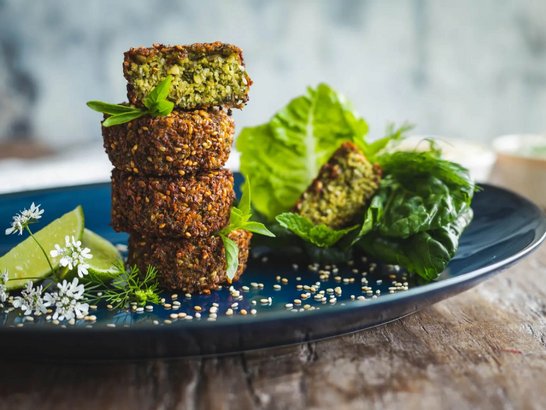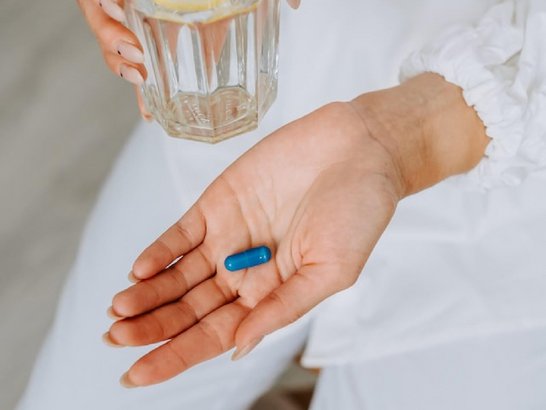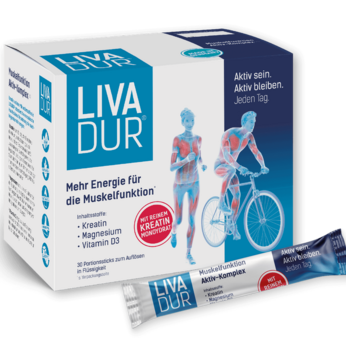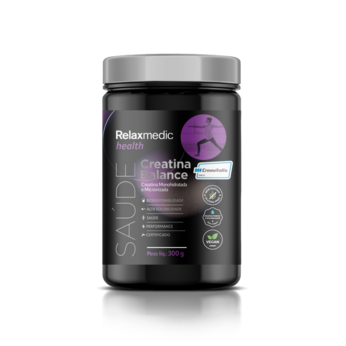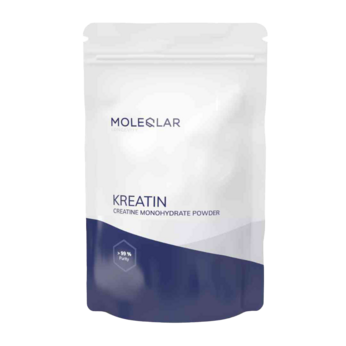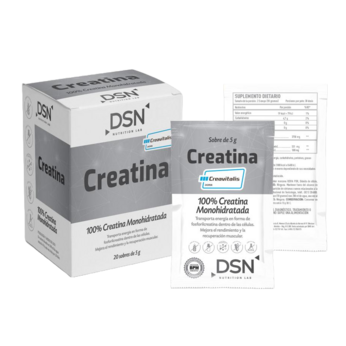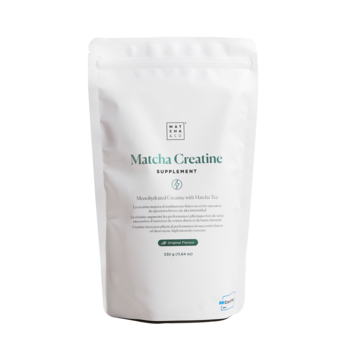DID YOU KNOW?
Creatine is a natural, endogenous substance that plays, as creatine phosphate, an important role in the energy metabolism.
The challenge here is that one to two percent of the creatine in our body is broken down and excreted every day and needs to be replenished again and again.
Optimized creatine monohydrate
for the food and health sectors
of Creavitalis®
Confirmed health effects
The positive effects of creatine have been shown in numerous studies and some of these have been confirmed by the European Food Safety Authority (EFSA) with two health claims.
Certified production
Regular production and analytical controls, as well as certifications, guarantee that the quality remains consistently high for all applications.
High bioavailability
Measurements show that when creatine monohydrate (Creavitalis®) is taken in the form of food supplements or foodstuffs, more than 99,9 percent is absorbed into the bloodstream.
Perfect Solubility
Creavitalis® is micronized for perfect solubility. This allows it to be seamlessly integrated into food supplements and foods.
Creavitalis® Special Grade (SG)
Is a special version of creatine monohydrate with a higher density, optimal for customers preferring a larger particle size for technical or formulation reasons (e.g. capsules). Note: This version is not micronized.
as a seal of quality
Where can I find the QS code?
You can find the 6-digit QA code in the bottom left-hand corner of the Creavitalis logo on your product.
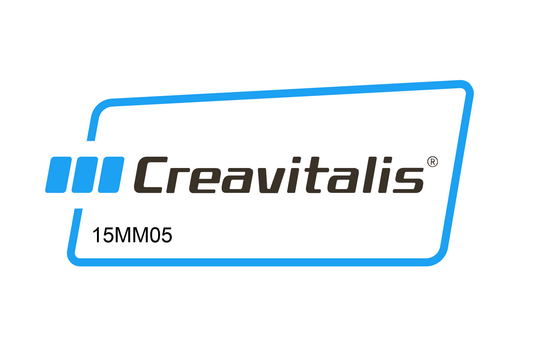
and quality
Frequently asked questions
What is the mechanism of action of creatine?
Creatine, as creatine phosphate, plays an important role in the energy metabolism of every cell. Like a battery, creatine supplies, recycles and buffers energy in the form of creatine phosphate and makes it immediately available when needed. When our body needs energy, ATP (adenosine triphosphate) is converted to ADP (adenosine diphosphate). In order to recycle ADP into ATP, energy from food is consumed. However, it takes a certain amount of time before the body can access this food energy. In addition, cells can only store very little energy in the form of ATP. Creatine phosphate closes this gap until other energy-supplying processes start. The enzyme creatine kinase transfers a phosphate residue from creatine phosphate to ADP, which produces ATP again.
Which foods contain creatine?
Creatineis only found in significant quantities in animal foods. Plants do not containcreatine. Herring, for example, contains a comparably high creatine content of6 to 10 grams per kilogram, closely followed by cod (5 g/kg), salmon (4 g/kg)and tuna (4 to 6.5 g/kg). One kilogram of pork contains 5 grams and beef 4.5grams of creatine per kilogram. The creatine content of cow's milk, on theother hand, is rather low at less than 0.1 grams per kilogram.
How is creatine taken?
We recommend taking 3 to 5grams of creatine a day. The most common and best-studied form of creatine is a high-purity creatine monohydrate (Creavitalis® ). It can be stirred into drinks or taken in the form of fortified foods, capsules or tablets.
Why is creatine suitable for vegans and vegetarians?
With a modern diet that tries to reduce or completely avoid the consumption of meat and other animal products, it is becoming increasingly difficult to get enough creatine from food. It can therefore be particularly beneficial for people on a low-meat or meat-free diet to supplement creatine. Creavitalis® is produced without any animal-based raw materials and is therefore the only source of creatine that is also suitable for vegans and vegetarians.
Is creatine important in old age?
People aged 55 and over should pay particular attention to their creatine intake. At this age, natural muscle loss is often already noticeably advanced. It is assumed that from the age of 35 onwards, an average of one percent of muscle mass is lost per year and from the age of 60 even (delete “even”) around three percent. To slow down this process, it is advisable to exercise regularly and keep moving so that as many muscles as possible are retained. Supplementing with creatine can support this process. The maintenance of muscle strength is even confirmed by an official EU Health Claim (officially validated efficacy). However, creatine can only be effective in combination with exercise.
What are the benefits of supplementing with creatine?
If the body has an increased energy requirement - for example in stressful situations, when there is a lack of sleep or during increased sporting activity - an additional intake of creatine can be beneficial. This can provide sufficient energy for these processes, due to increased creatine phosphate stores in the body. In recent years, numerous studies have been carried out on creatine that go beyond the sporting context. Currently, there are promising ongoing studies on the following topics:
- Fatigue / Exhaustion
- Women's health and male fertility
- Muscle preservation in aging (Sarcopenia)
- Cardiovascular health
- Brain function and cognitive performance
- Recovery / Rehabilitation
Creavitalis® Special Grade (SG)
Is a special version of creatine monohydrate with a higher Density, optimal for customers preferring a larger particle size for technical or formulation reasons (e.g. capsules). Note: This version is not micronized.
contact

Team Creavitalis®



